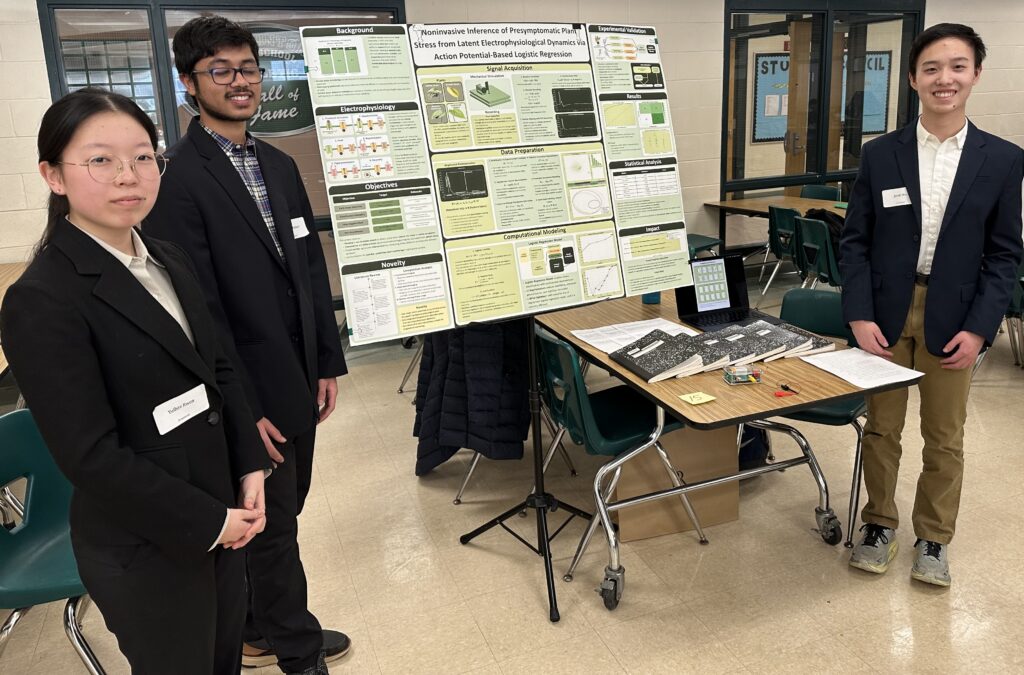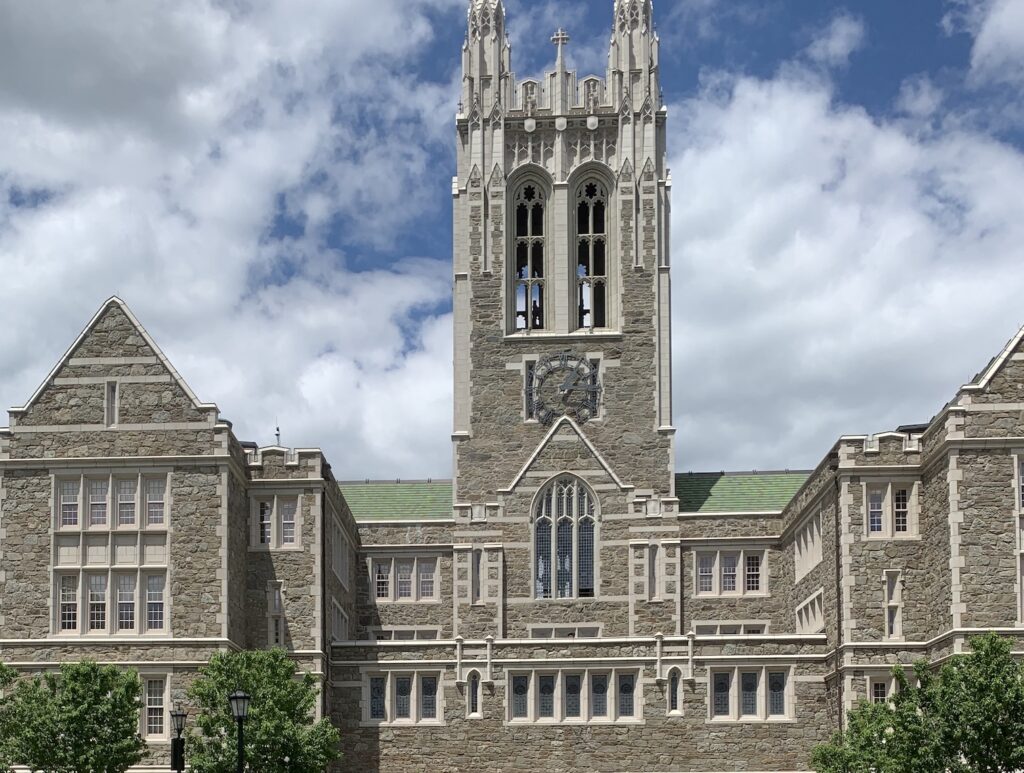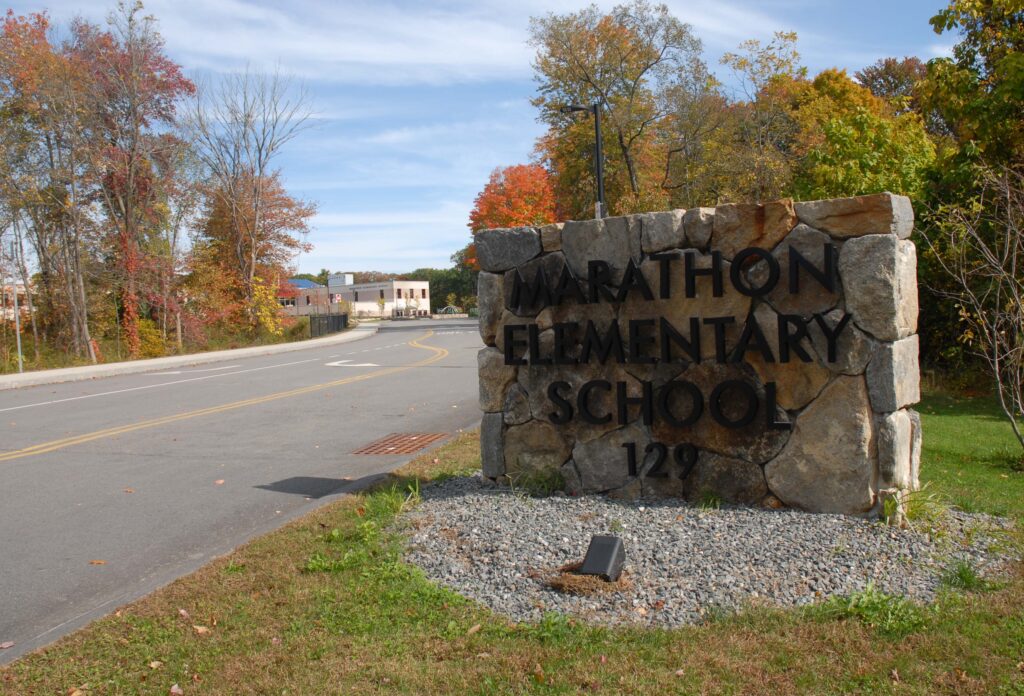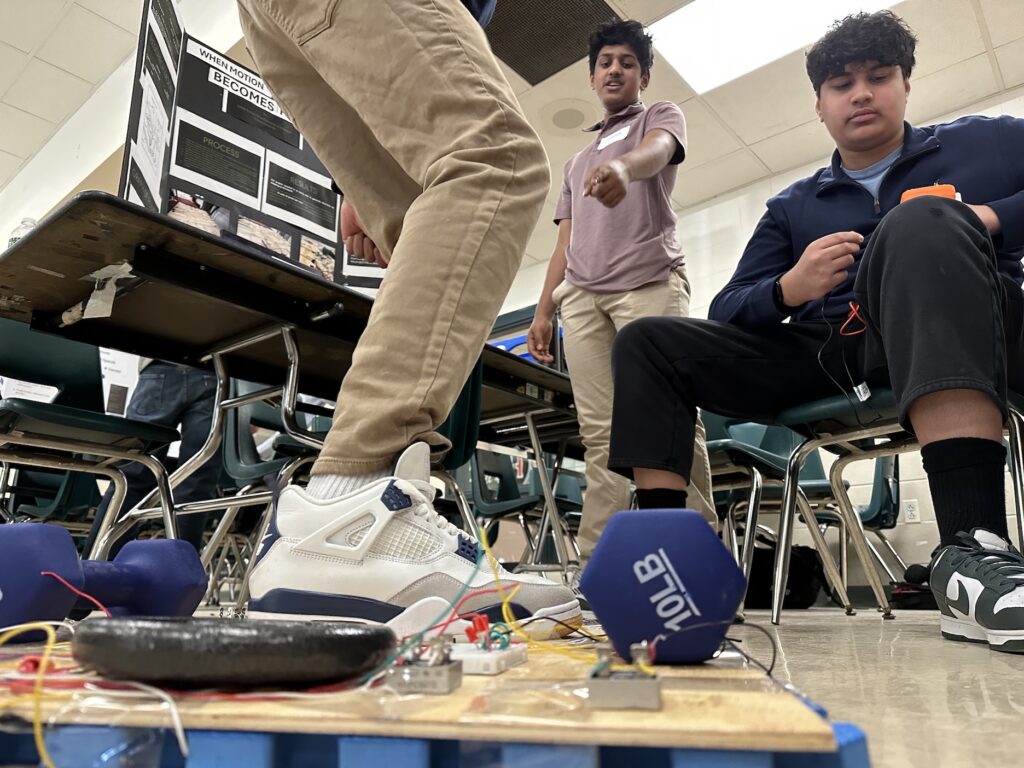During a first review of the school district’s weapons policy at Thursday’s School Committee meeting, Superintendent Carol Cavanaugh spoke about the necessity to include a section on “religious artifacts that resemble weapons.” She said that students baptized Sikhs wear a kirpan — a 3-inch long, curved, dull blade — under their clothing.
Carol Cavanaugh said the blades are always sheathed, encased in wood or metal. She said these items and who is wearing them would be known to the principal and director of equity/access through a registration process.
The policy review, as written, implies that jackknives/blades under 2.5 inches are allowed in schools.
Chair Nancy Cavanaugh said the confusion is not about the size allowed but just the idea that they are permitted in schools.
“I want to know what other districts allow blades at all,” she said. “I want feedback from the community, teachers, principals. … Are we seeing 2-inch knives in our schools? I’m trying to understand the logic when they can be used as weapons.”
School Committee member Lori Nickerson asked why registration would be needed for kirpans when it is not required for pocket knives as presently written. “It does not seem fair,” she said.
Members asked that district counsel share Massachusetts law on the topic at the next meeting, pointing out that courthouses and airplanes, for example, do not allow individuals to possess knives.
Student Council representative Jack Ianelli said blades do not seem to be much of a problem at school, although “kids aren’t going to be reading this policy.”
Assistant Superintendent of Curriculum and Instruction Jeff LaBroad said he has been involved with Boy Scouts for years. The scouts are trained how to use pocket knives, but there are “strict rules” surrounding them.
“It is understood you don’t ever bring [them] to school,” LaBroad said.
The superintendent noted the policy had not been reviewed since 2009.
New school potential names discussed
The superintendent reported on town survey results about naming the new Elmwood School. She once again reviewed the long list of suggestions in categories: geographic/natural world; connections to the Boston Marathon; people or groups of people; and learning and concepts.
Seven hundred people responded to the survey. The top suggestions per category were Whitehall (207), Hayden Rowe (200) and Charles River (161). She said Hayden Rowe could be problematic because all five schools are located there.
Start Line was a popular name choice with 371 votes, she said. However, the superintendent said its proximity to Start Line Brewery and linking it to an elementary school posed a problem, in her opinion.
The top votes in the name category went to the combination of Hoyt family members on the list. Mary B. Nealon and Patriot received the next highest number of votes.
While “Hillers” was a popular suggestion, Carol Cavanaugh said that name “belongs to the high school,” whereas the elementary schools had their own mascots, Cubby for Marathon, Eagles for Elmwood and Hawks for Hopkins.
Finally, she said, “thinking outside of the box,” in discussions with another non-resident, Carol Cavanaugh put forth the possibility of using “systemic cohesive naming.” That would involve the following names: Marathon Early Learning Center (pre-K-1); Hopkinton Elementary School (Grades 2-3-4); Hopkinton Lower Middle School (drop Hopkins when it becomes Grades 5-6); Hopkinton Upper Middle School (Grades 7-8); and Hopkinton High School (Grades 9-12).
“It’s reflective of their level and trajectory in periods of their lives,” she said of the students.
At a meeting later in March, Nancy Cavanaugh said the next step is for the board to discuss and deliberate in open session using the list to choose from as well as taking the superintendent’s recommendations into consideration.
Grade 6 math changes accepted
The superintendent revisited a presentation analyzing MCAS and Star math scores, ultimately focusing on the best way to address students “partially meeting expectations.”
Matthew Lefebvre, Hopkinton Middle School principal, said typically sixth graders are with their peers in math classes every day and supported by “foundations” math every other day where needed in place of one of the related arts.
Carol Cavanaugh said research showed when instruction is targeted to kids “partially meeting expectations,” better growth occurs.
She said students make gains when in a class with different levels of abilities but where “the disparity is not as wide.”
Students not meeting expectations still would get extra help with foundation classes. However, there would be writing of a new curriculum for “math plus” geared toward the high achievers.
Elsewhere, the redistribution of students of varying abilities into math classrooms was a sticking point for School Committee members.
That was because some of the kids who scored very well (“exceeded expectations”) would be put in “math plus,” while others (scoring the same) would remain in mixed ability classrooms.
The principal said the pacing would be similar in all classrooms, and the same concepts would be taught. However, math plus classes “would go deeper into the content.”
Lefebvre and the superintendent both said eligibility for math plus would have criteria beyond just test scores.
Nickerson said she was “conflicted,” while understanding what administrators are trying to do.
She questioned how parents of students exceeding expectations will feel if some kids do not make it into the “math plus” course and are put in the heterogenous rooms instead.
Vice chair Amanda Fargiano said there is a problem when curriculum keeps “flip-flopping,” and it should be given a chance to “take root.”
She added it is important to clearly explain the multiple factors that make up the criteria for placements.
The principal said the two assessments as well as class participation, performance and other factors in fifth grade will be taken into consideration.
The committee ultimately approved the Grade 6 math program with its new “math plus” component. It will run for two years with “tweaks made” along the way, according to Carol Cavanaugh.
Contracts executed for energy rebate, curriculum equity
For the Hopkins Lower Middle School project, the committee executed a contract to participate in the MassSave Path 2 Energy Rebate Program and selected Thornton Tomasetti with MassSave as technical advisor at a town cost share of $8,750 or 25%. MassSave covers the other 75%.
Assistant Superintendent for Finance and Operations Susan Rothermich noted the expected rebate is $360,000 to $530,000, which would bring down the project’s final cost. The contract’s funding comes out of previously approved money for a feasibility study.
If Town Meeting does not approve the addition/renovation project in May, Rothermich said the money would not be lost unless the design is “dramatically changed.”
With the committee’s approval, another contract was executed with Blackprint Education Consulting for $53,700 to conduct an equity audit of the district’s secondary curriculum and instruction (Grades 6-12). Funding will be entirely through a state budget earmark award, LaBroad said.
SEPAC alternate liaison named
In other business, committee member Susan Stephenson was named an alternate liaison member for the Special Education Parent Advisory Council (SEPAC). The alternate is meant to go to meetings and other functions on behalf of the board when liaison School Committee member Adam Munroe is unable to attend.
Donations accepted to benefit schools
The board also accepted a $500 gift from Global Partners for the Elmwood School Gift Account for STEM programs. It also approved a donation of $2,224.13 from Legacy Farms North Diwali Celebration to be divided among all schools equally.
Workshops, meetings planned
The board will be having a workshop next Thursday, March 14, with representatives from architect Perkins Eastman present. A tour of the school will be conducted before a meeting in the library to talk about questions surrounding the project.
Nancy Cavanaugh said the committee’s discussion should center around topics like why and when the expansion is needed; the education plan for the building and how the design accommodates it; and potential costs.
The next regular School Committee meeting is on March 21, and a public forum on the Hopkins project is scheduled for April 3.





















0 Comments